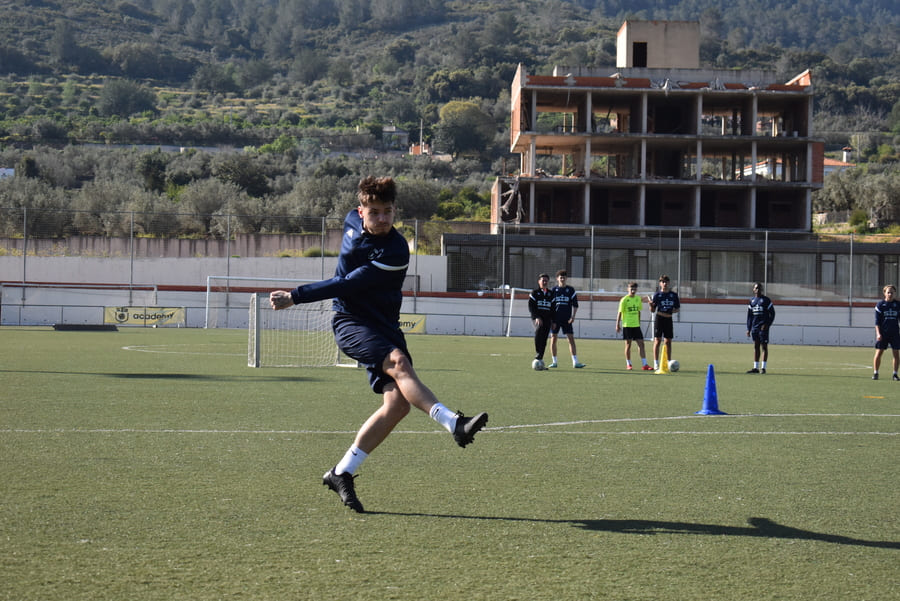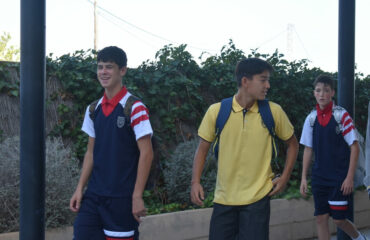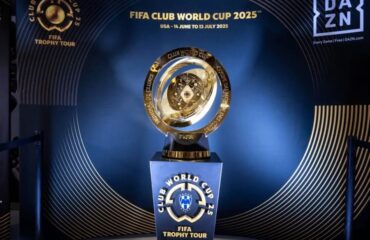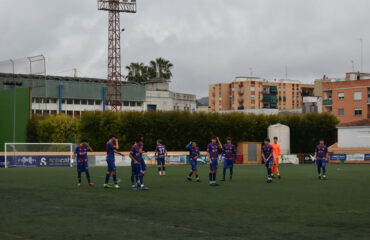In modern football, the difference between standing out or falling behind is not always found in ball skills. Mental strength has become a decisive factor, especially for young players who dream of making it to the elite. At academies like SIA Academy, psychological work goes hand in hand with physical and technical training, because, as José Luis, the academy’s psychologist, says: “The player who learns to manage his mind from a young age multiplies his chances of success in the future.”
Below, we present a top 6 of fundamental tips to strengthen the mind of a young footballer, applied daily in the environment of SIA Academy.
Table of contents
1. Build a solid mental routine
Mental discipline is just as important as physical discipline. Establishing routines before training sessions and matches helps young players enter an optimal state of concentration. It may be listening to music, doing breathing exercises, or even visualizing plays. At SIA Academy, each player is encouraged to find their personal rituals to create emotional consistency and confidence.
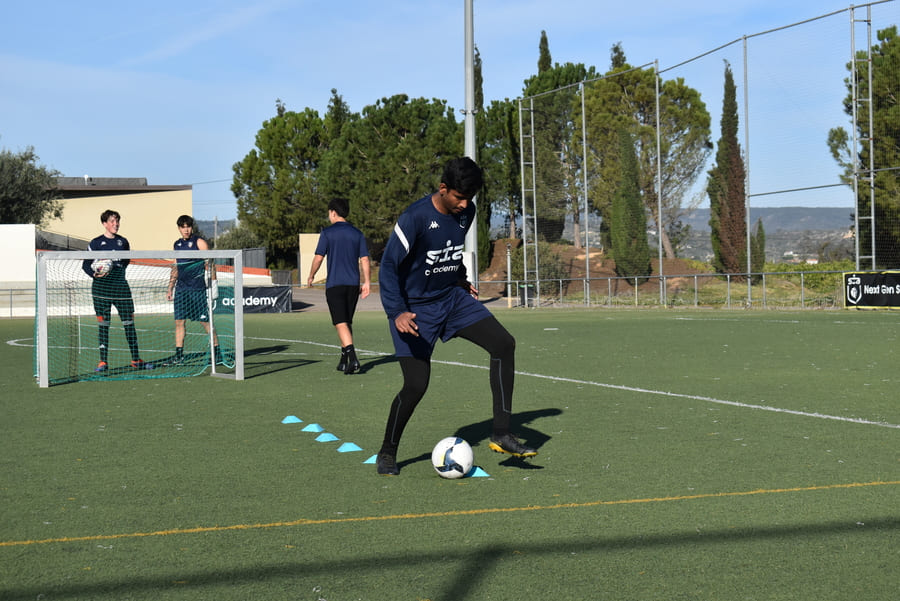
2. Face pressure with strategies
Pressure is inevitable in sport. Young talents often face expectations from family, coaches, and themselves. Learning to transform that pressure into motivation is key. José Luis points out: “It’s not about eliminating nerves, but about using them as energy to perform better.” That’s why SIA Academy’s psychologists work with techniques of breathing, mindfulness, and attentional control that allow players to stay focused on the present.
3. Set realistic and measurable goals
A common mistake among young footballers is constantly comparing themselves to others. Instead, the key is to set clear, achievable, and progressive goals. It could be improving the weaker foot in a month or gaining confidence in aerial play during a season. Within SIA Academy’s methodology, individual development plans are designed, where players celebrate small achievements that fuel motivation and self-confidence.
4. Learn to manage mistakes
The fear of failure blocks many young players. However, mistakes are a learning tool. At SIA Academy, the message is clear: every failure is an opportunity to grow. Reviewing a match, identifying where the mistake was made, and working specifically on that helps transform frustration into a process of improvement. A positive mindset towards mistakes builds resilience and fosters perseverance.
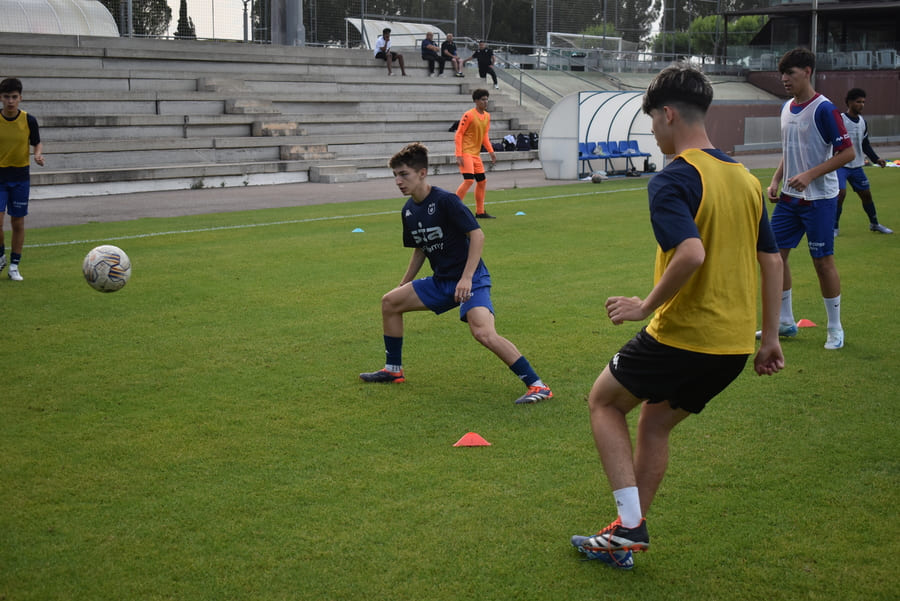
5. Foster self-confidence and self-esteem
Football is a sport where external criticism is abundant. That is why a player needs to strengthen his inner confidence. Self-confidence is not about believing oneself superior, but about being convinced of one’s preparation. Exercises in self-affirmation, visualizing past successes, and reminders of individual strengths are part of the dynamics at SIA Academy. A confident footballer dares to make bold decisions on the field.
6. Surround yourself with a positive and motivating environment
The mind of a young footballer is shaped not only in training, but also in daily life. Being surrounded by people who support, understand, and motivate is essential. The social environment directly influences mental and sporting performance. At SIA Academy, an environment is fostered where teammates and coaches act as a support network, driving both personal and athletic growth.
The perfect combination: technique, fitness, and mind
A complete footballer is not only someone who masters technique and maintains excellent physical condition. The real difference lies in their mental ability to adapt, resist, and grow in the face of adversity. At high-level academies like SIA Academy, this comprehensive approach prepares young players not only to stand out on the pitch but also to face life’s challenges.
The mind, like any muscle, can be trained and strengthened. Applying these six tips, together with the support of specialized professionals, allows young players to gain a lasting competitive advantage. And as José Luis sums it up: “Talent opens the door, but mental strength is what keeps the footballer inside the elite.”



